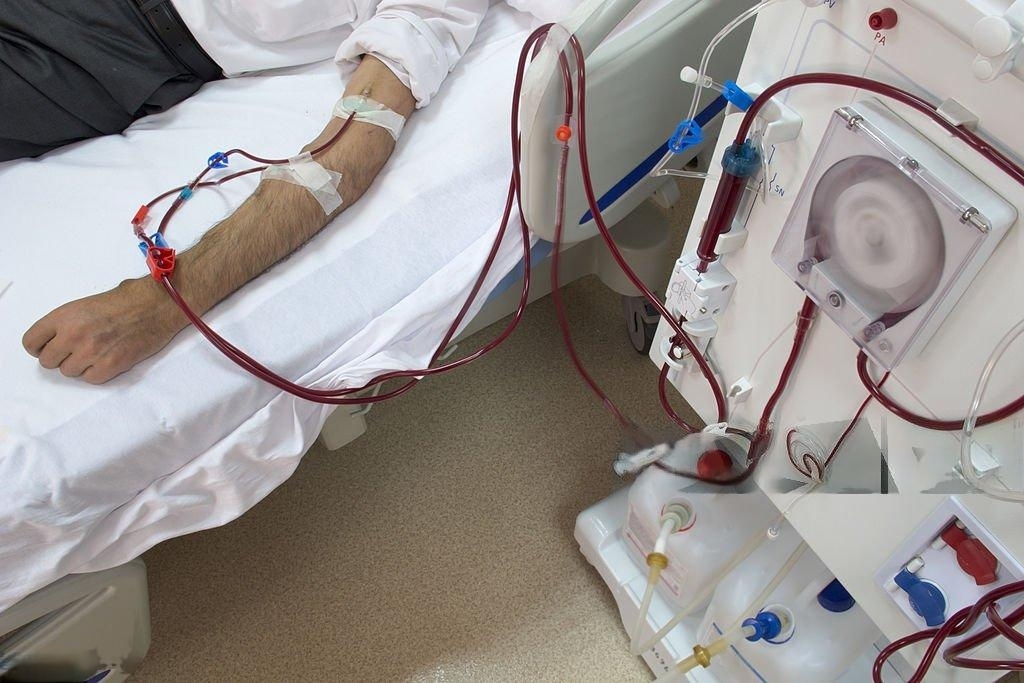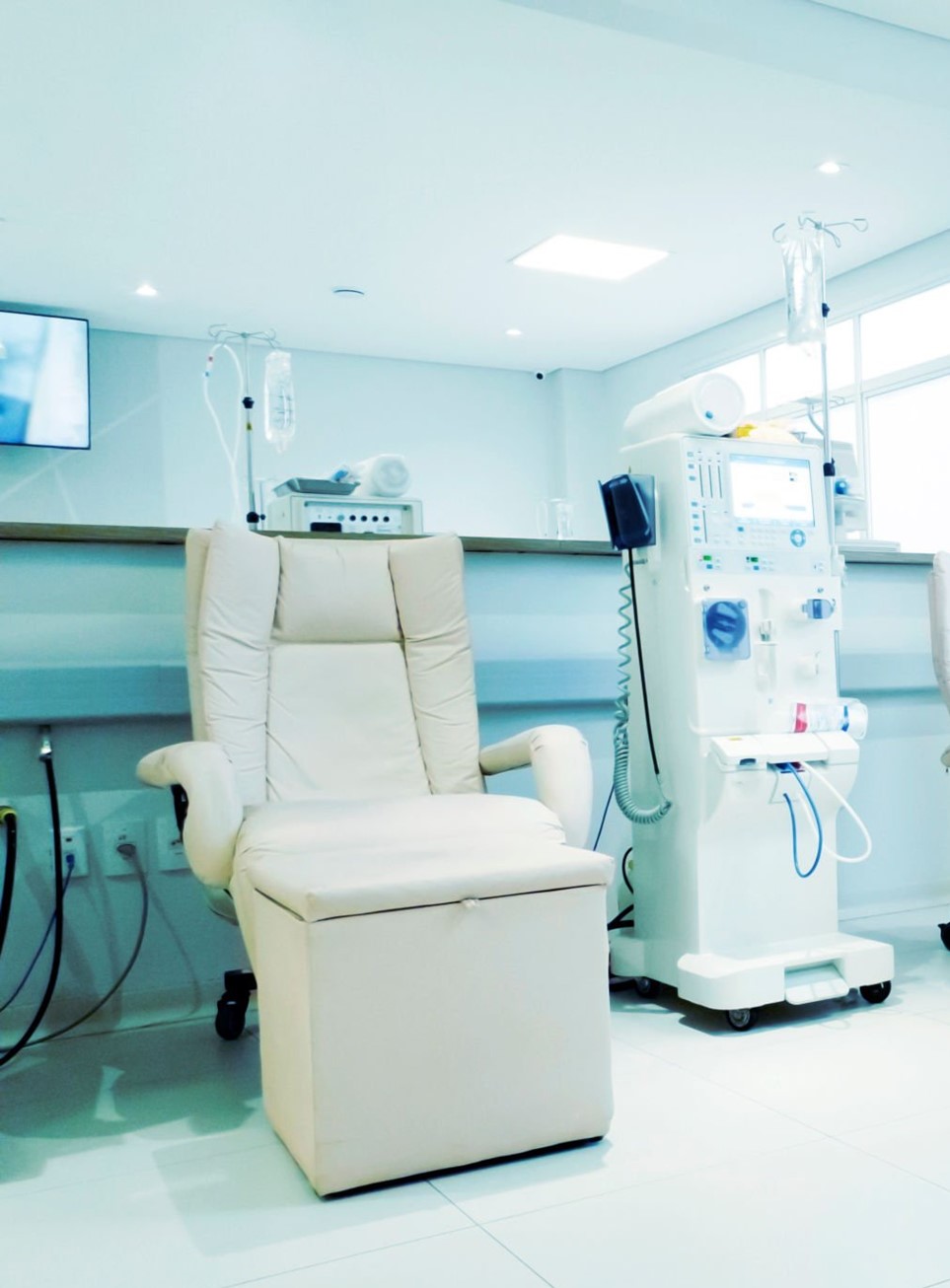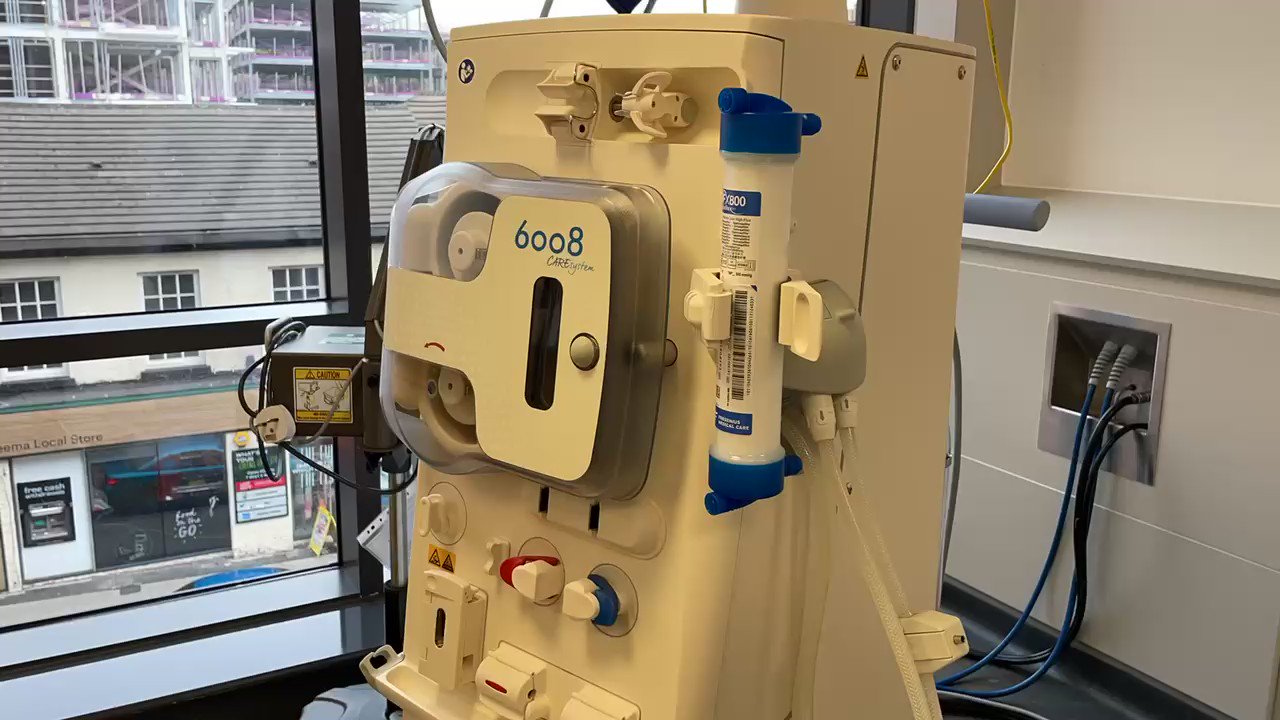What to Expect When You’re About to Start Dialysis?
Starting dialysis can feel overwhelming, but knowing what to expect can help make the transition smoother. Here’s a guide to understanding the process, so you feel prepared for this new chapter.
1. Understanding Dialysis Options
- Hemodialysis: This type is usually done at a dialysis center but can sometimes be done at home. It involves filtering blood through a machine to remove toxins and excess fluid.
- Peritoneal Dialysis: A more flexible option, it uses the lining of your abdomen to filter blood and can be done at home. Your doctor will guide you toward the option that best fits your health and lifestyle.
2. Creating a Dialysis Access Point
Before starting hemodialysis, an access point needs to be created, usually through an arteriovenous (AV) fistula, graft, or catheter. This access allows blood to flow from your body to the dialysis machine and back. You’ll receive detailed instructions on how to care for it, as keeping it clean and unblocked is essential.
3. The First Few Treatments
The initial dialysis sessions are often shorter as your body adjusts. Some people experience mild symptoms afterward, like fatigue, nausea, or light-headedness. Don’t worry; these usually improve over time. Staff will be there to monitor your reactions and help you through any discomfort.

4. Changes in Diet and Fluid Intake
Dialysis requires some dietary changes to help manage waste and fluid levels in your body. You may need to limit foods high in sodium, potassium, and phosphorus. Staying hydrated is still important, but fluid intake may need to be controlled to avoid complications between sessions. A dietitian will help you create a meal plan to support your health and energy levels.
5. Adjusting Your Schedule
Dialysis can impact your daily routine, especially if you go to a center for treatments several times a week. Each session typically lasts 3-4 hours, not including travel time, so planning for this commitment is important. Many people find it helpful to arrange a support system of family, friends, or a transport service to make getting to appointments easier.
6. Emotional Health and Support
Adjusting to dialysis can be an emotional journey. It’s perfectly normal to feel anxious, frustrated, or even a little isolated at times. Speaking with a counselor, joining a support group, or connecting with others going through dialysis can provide comfort and motivation.
7. Stay Active and Positive
Many people live full, active lives on dialysis. Staying as active as possible, following your medical team’s advice, and keeping up with hobbies or interests can help maintain both physical health and mental wellness. Dialysis is a big change, but with time, it can become a manageable part of your life.
In Summary
Dialysis can bring significant lifestyle changes, but with the right support and mindset, it’s possible to adapt well. Take things step-by-step, reach out when you need help, and remember that many people successfully navigate this journey every day.

